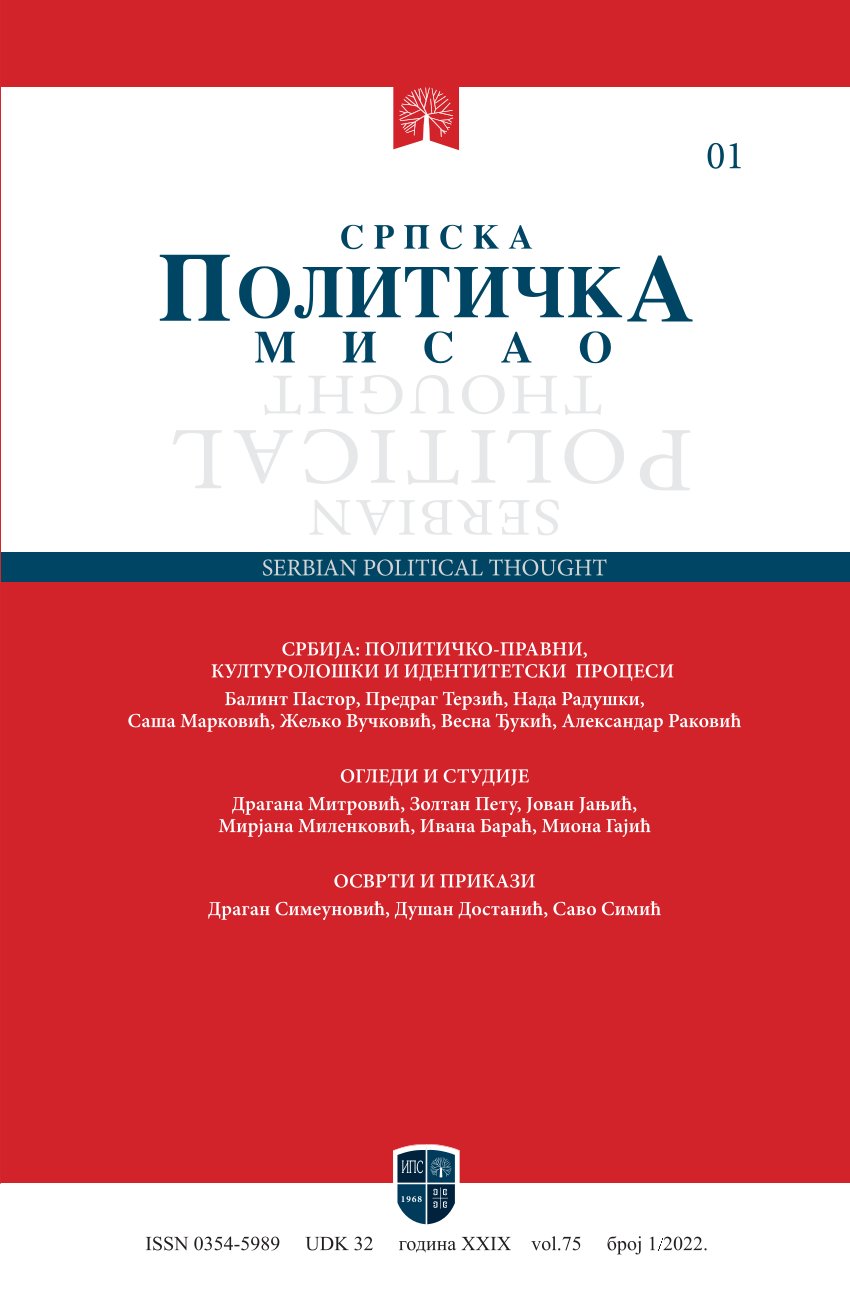БИОМЕДИЦИНСКИ ПОТПОМОГНУТО ОПЛОЂЕЊЕ ИЗА КУЛИСА ПРАВНИХ НОРМИ
MEDICALLY ASSISTED REPRODUCTION - BEHIND THE CURTAIN OF LEGAL PROVISIONS
Author(s): Ivana BaraćSubject(s): Politics / Political Sciences
Published by: Институт за политичке студије
Summary/Abstract: Medically assisted reproduction, which first emerged in1978, is regarded as an important mechanism for combating infertility in an efficient and approachable manner. Albeit the fact hat different countries opt for different solutions when dealing with this issue, it can nevertheless be stressed that they all tend to recognize the right of any individual battling with infertility to become a user of MAR treatments. Hence, the author stresses that reproductive autonomy is, and more importantly, should be regarded as an absolute right, which can only be limited as a means to protect democratic society. Notwithstanding the importance of different legal acts in the Republic of Serbia recognizing the right to become a parent, the author’s main area of interest were the provisions of the Law on Medically Assisted Reproduction (hereinafter: LMAR). Consequently, this paper questions the rationale used by the legislator in drafting the provisions on subjects eligible to use MAR treatments. LMAR entitles three different types to subjects with this right. Firstly, such a right is granted to couples (both spouses and extramarital partners) provided that they are subject to an evaluation which in turn testifies to their ability to fulfill their parental duties. Such an evaluation can be questioned from more than one point and should be, as such, modified. In that respect, the said condition ought to be, either removed from LMAR, or possibly amended in a manner which would result in a predefined and detailed procedure of the evaluation, authorized personnel and requirements needed for a couple to be considered suitable to use MAR treatments. Secondly, single women (regardless of their (in)fertility) are also entitled to exercise their right to use MAR treatments. Such a provision was subject to a number of critiques by legal authors, as they argued that by entitling a woman with such a right, due attention should also be made to the protection of the best interests of the child. The author stand son the same grounds. Aside from the fact that the Serbian legal system undeniably grants single women the right to use MAR treatments, it most certainly can be pointed out that the legislator paid little to no attention to its duty to protect the child’s best interest. Moreover, the paper sheds some light on the question of whether the pandemic caused negative effects when speaking about the right to use MAR treatments. Bearing in mind the previously stated, it can be deduced that Serbian legal norms present a fine example when speaking of people granted the right to use MAR treatments. Still, Serbian legislators should reconsider redrafting some of the provisions, as well as carefully weigh-in the importance of both single women’s right to undergo MAR treatments and the child’s best interest.
Journal: Српска политичка мисао
- Issue Year: 2022
- Issue No: 1
- Page Range: 243-265
- Page Count: 23
- Language: English, Serbian

